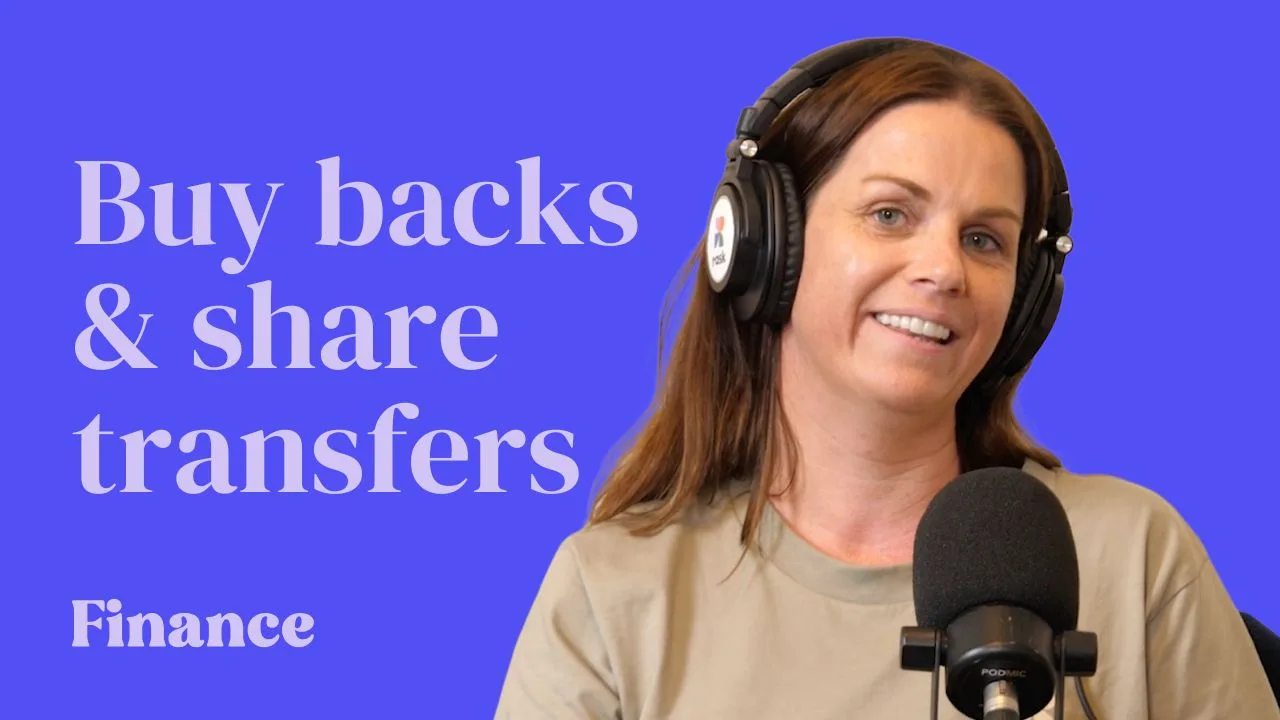As the name suggests, a managed fund is a pool of money managed by a professional fund manager. Managed funds can be a convenient and efficient way to invest because one investment can open the door to a diversified portfolio of investments.
In this episode, we’re exploring the basics of managed funds and how they work, why people might choose to invest in managed funds over ETFs, our selection criteria for choosing a managed fund and some examples of managed funds in Australia.
This episode is part of our Beginners Investing Month series on The Australian Finance Podcast. Just look for the episodes with the 💸 during August 2023!
🎟️ We’re going on the road from August – October 2023; get your tickets here!
📚 Enjoyed this episode? You’ll love Kate’s upcoming book, Buying Happiness, which you can preorder on Booktopia or Amazon.
What are managed funds?
- As the name suggests, a managed fund is a pool of money managed by a professional fund manager. Individual investors pool money in a fund, which a funds management company then manages for a fee.
- Managed funds commonly invest in shares, property, bonds, cash or alternative assets. Sometimes, it’s a combination of two or more asset classes — These are called ‘multi-asset‘ funds.
- Managed funds can be a convenient and efficient way to invest because one investment can open the door to a diversified portfolio of investments.
- For example, if you buy into an Australian share-managed fund, the investment manager could buy 30, 40, 50 or more shares. By making one investment, you can get exposure to the entire portfolio.
- Managed funds can also give investors exposure to assets and markets they may not normally be able to access, like foreign bond markets.
- Managed funds can use passive or active investment strategies. A passive portfolio simply tracks a market index, such as the ASX 200 or Dow Jones Industrial Average, with little room for the manager to deviate from the index rules. An ‘active’ management strategy allows the manager to use their judgement and skill to make investments. They hope to make a greater return.




